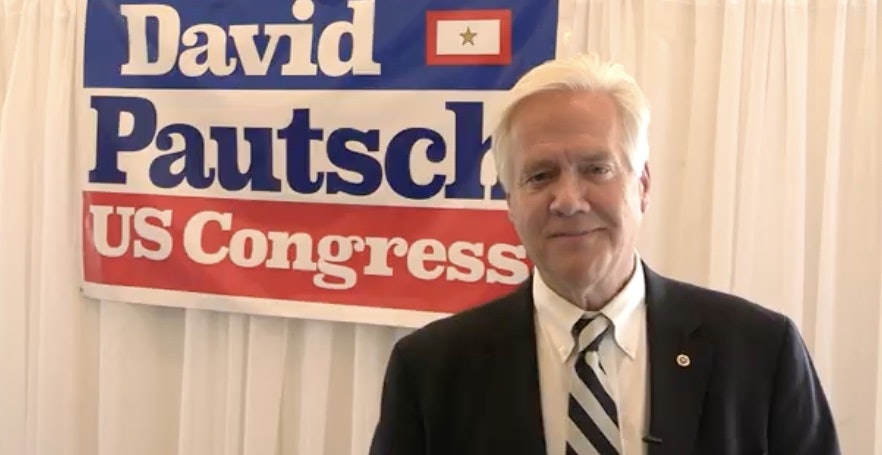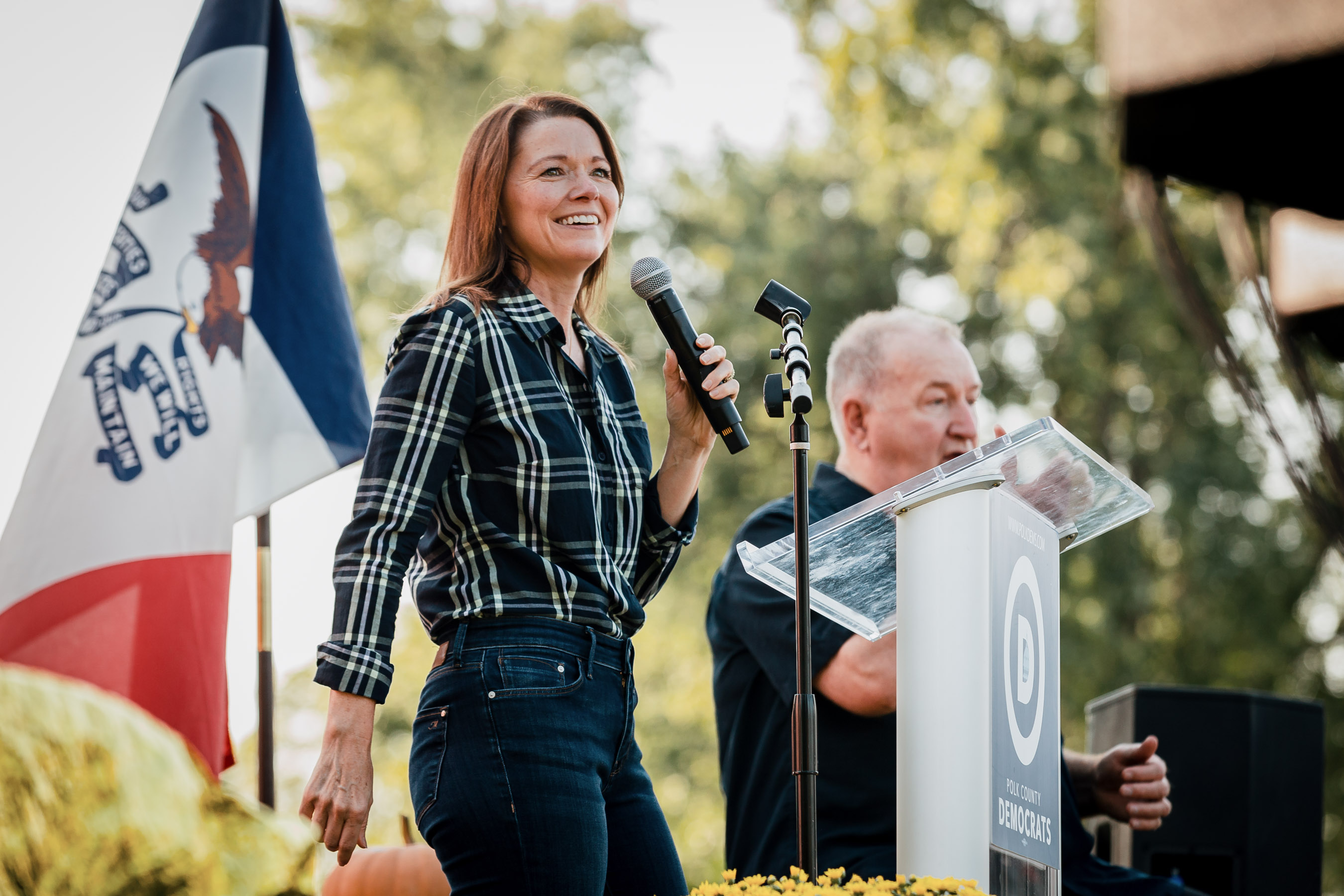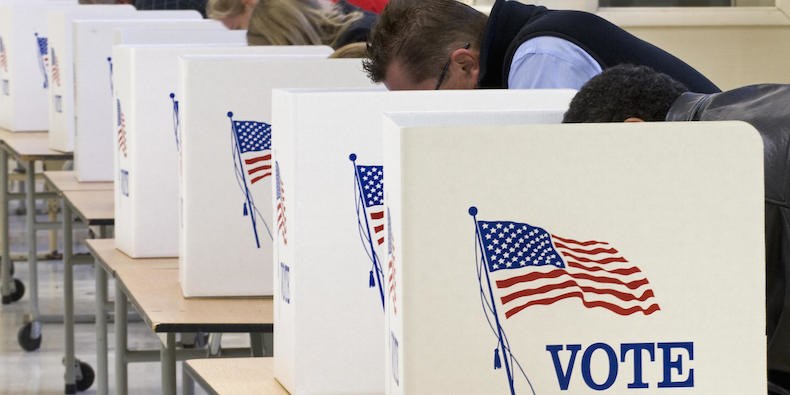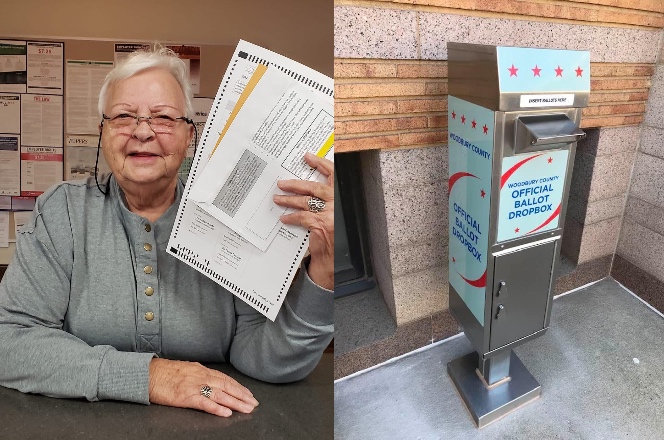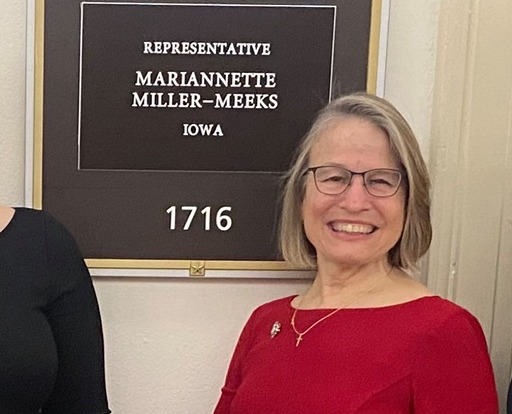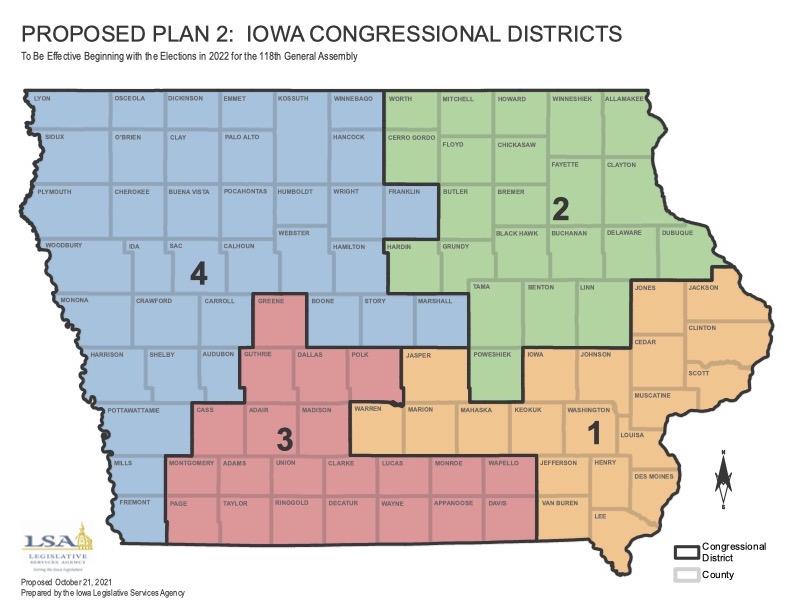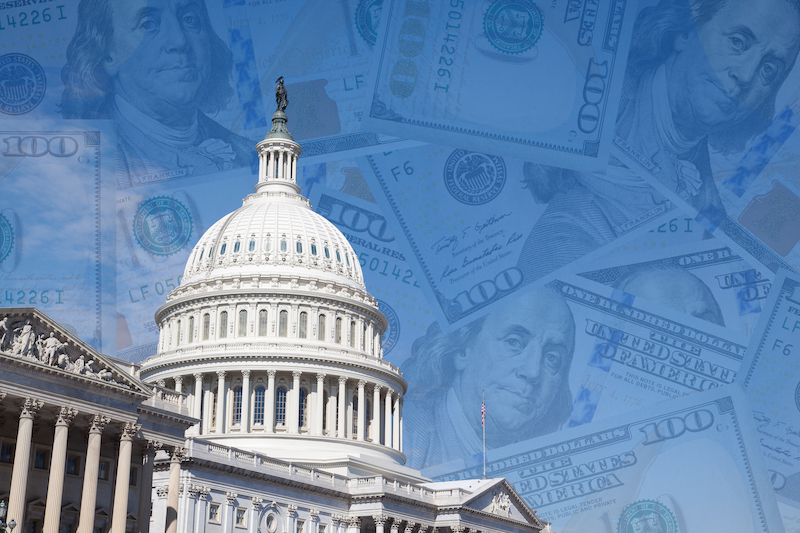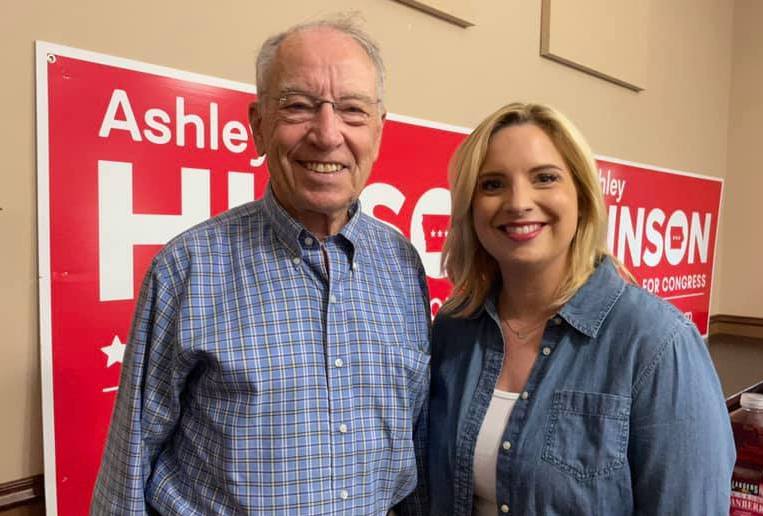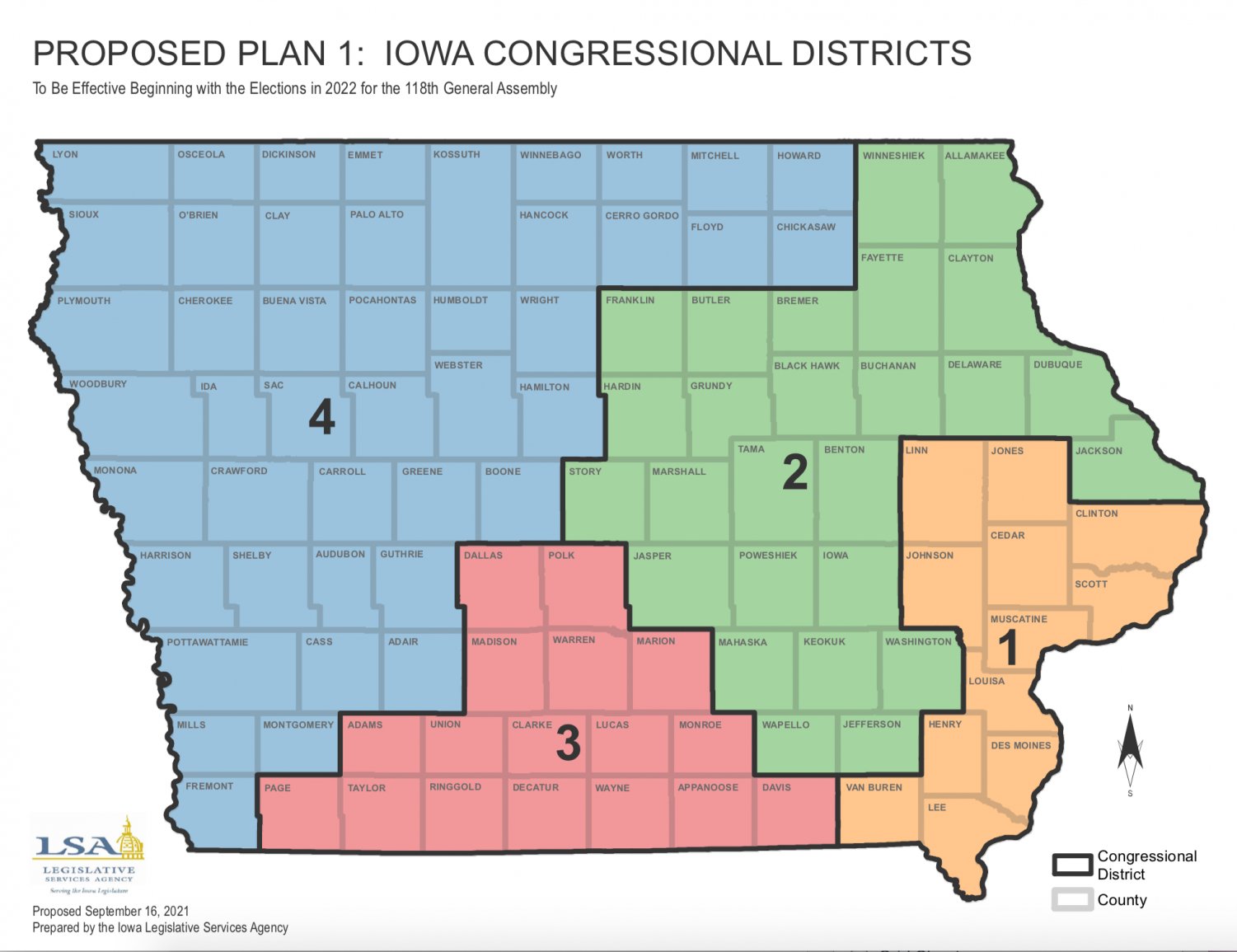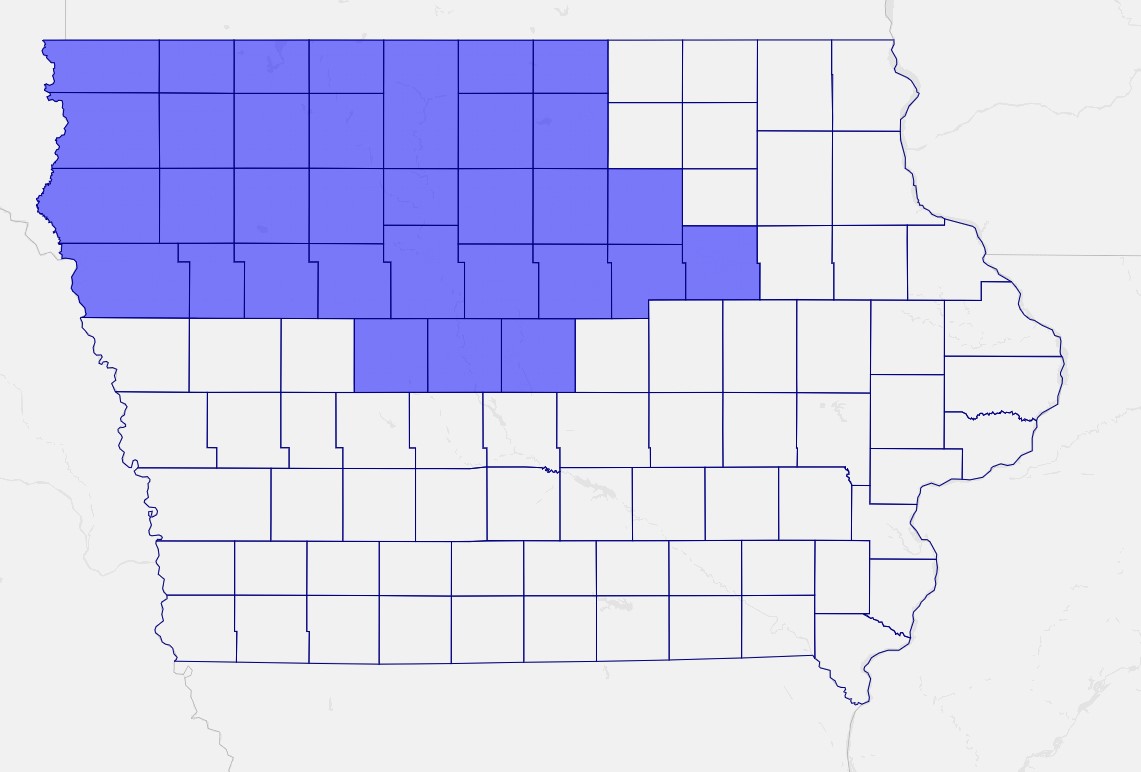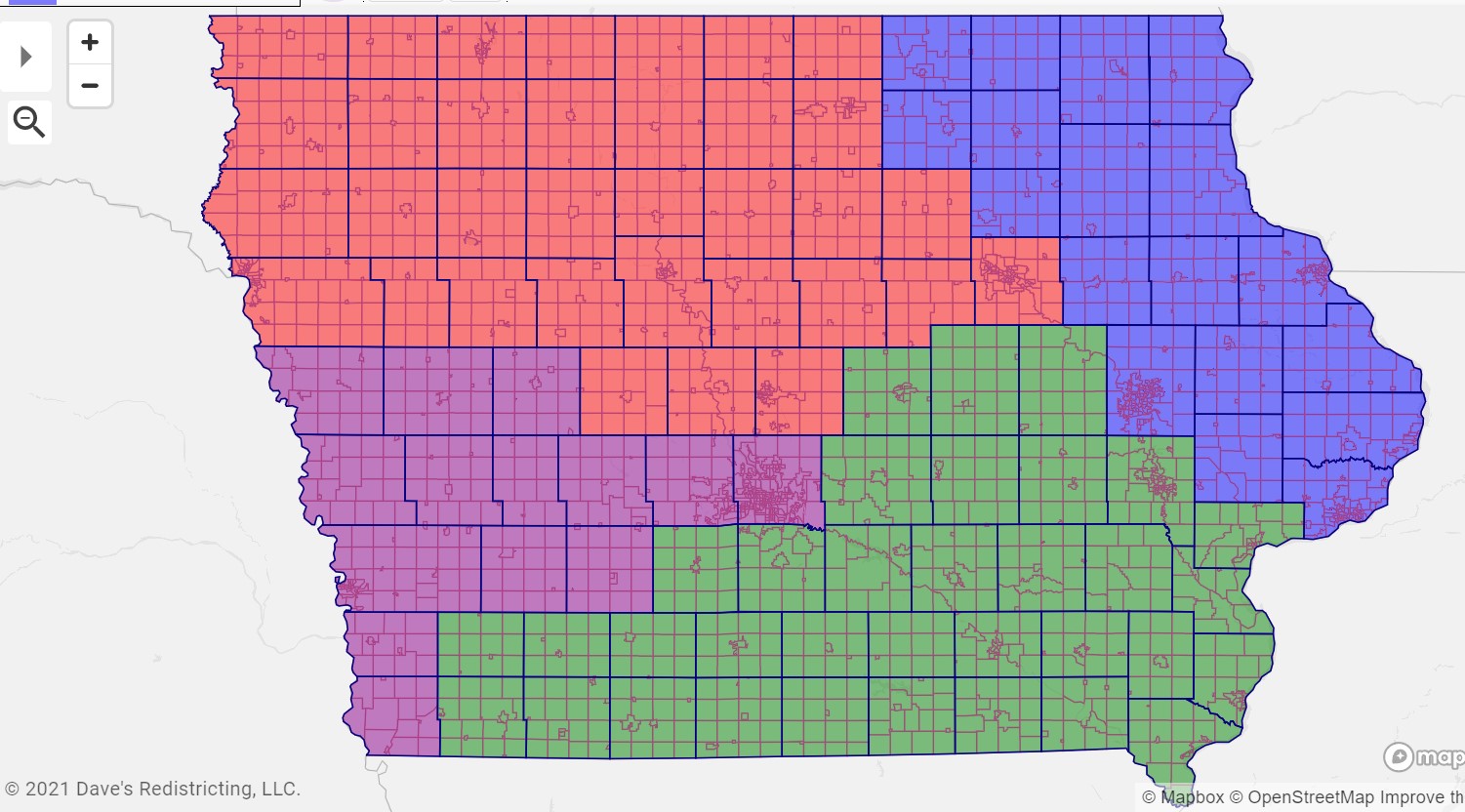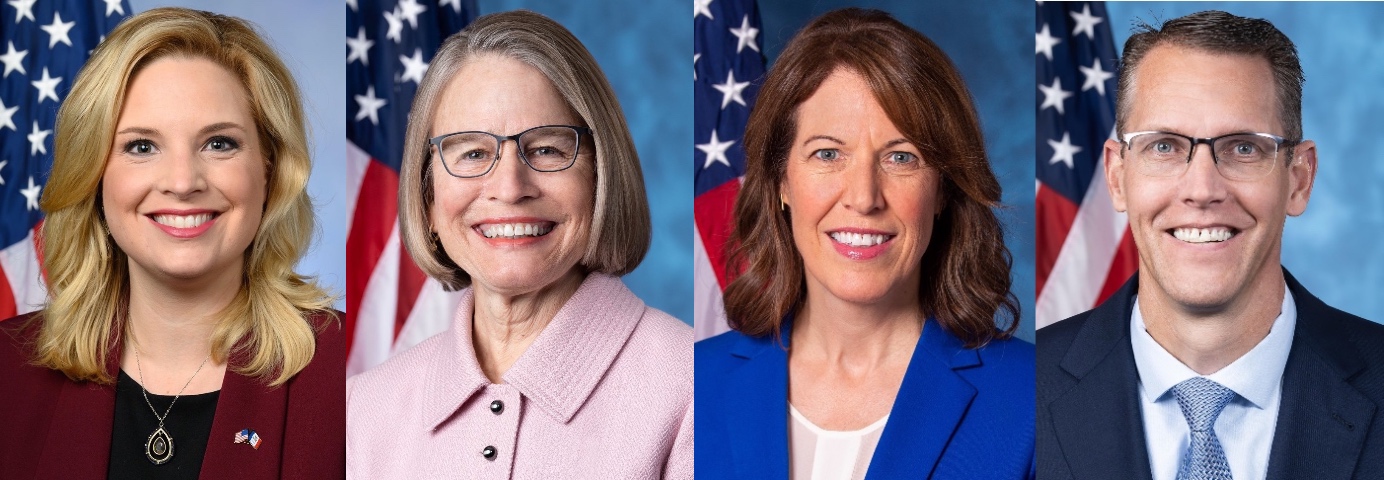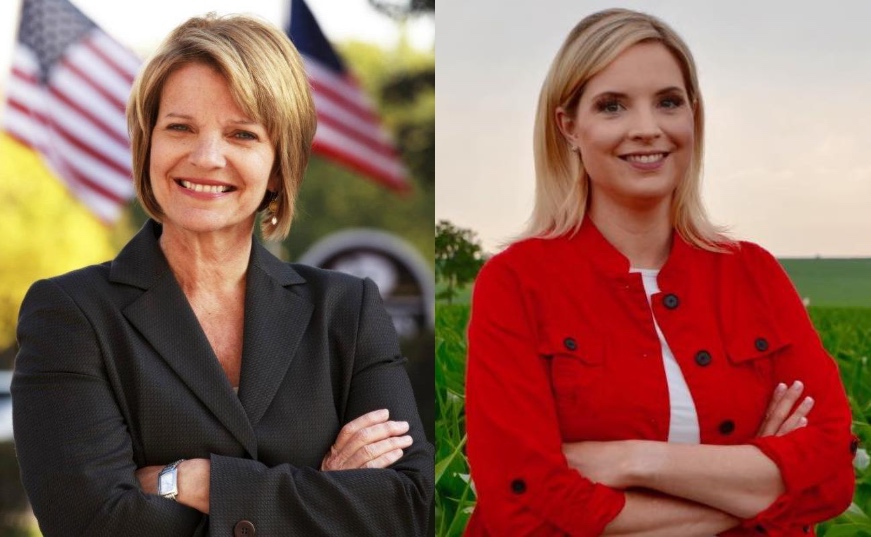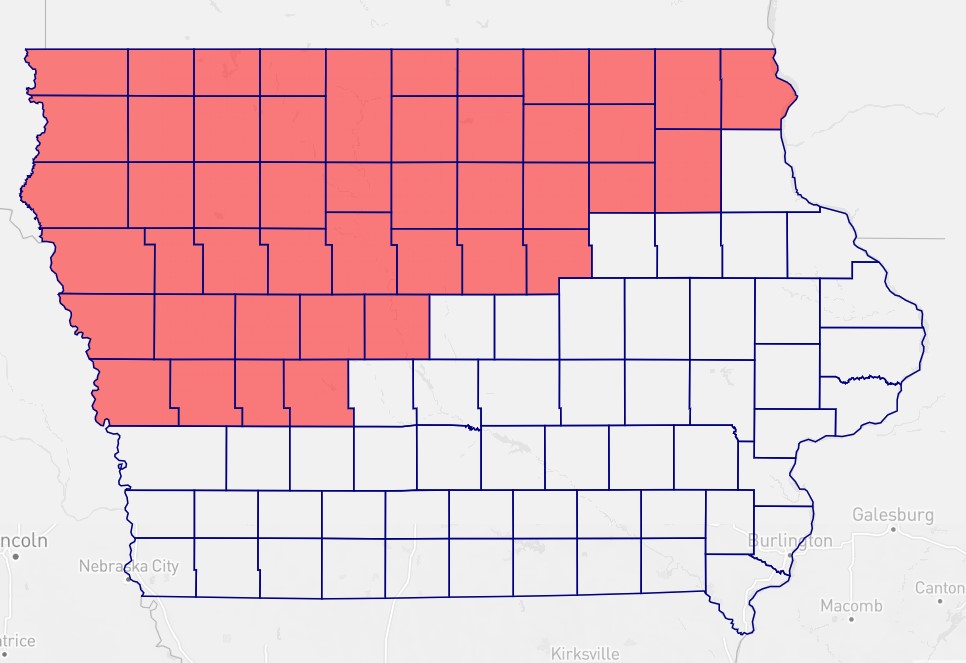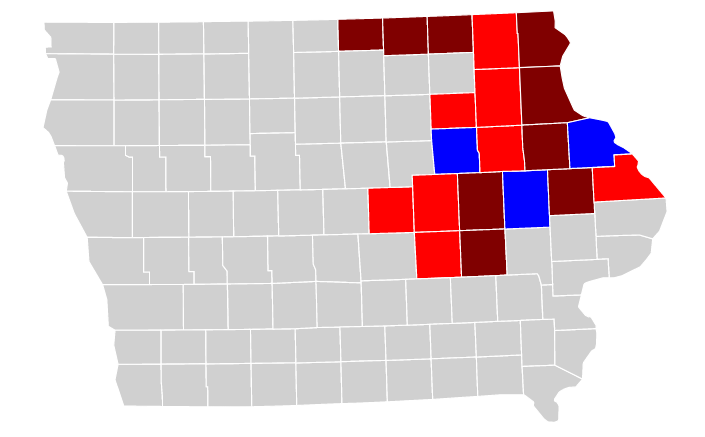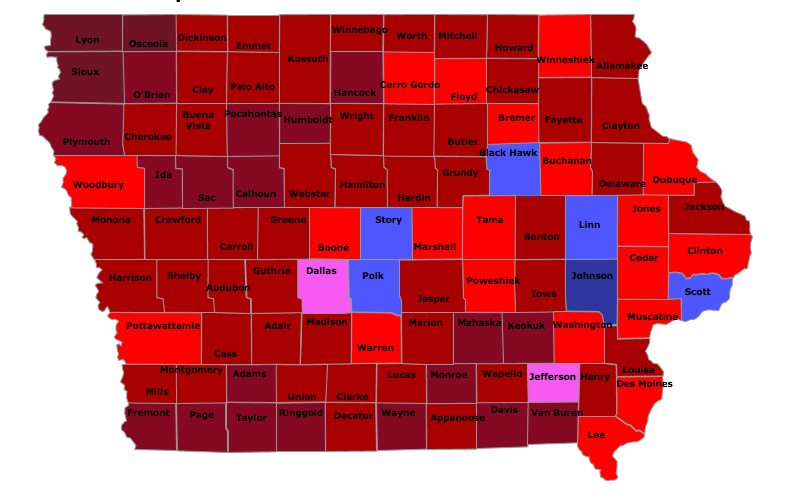Continuing a Bleeding Heartland tradition, I will post Iowa’s latest absentee ballot numbers, statewide and for each Congressional district, every weekday, based on figures released by the Iowa Secretary of State’s office. You can find Iowa’s new Congressional map here or at the bottom of this post.
You can compare this year’s numbers to daily charts from the last five election cycles by clicking through to Bleeding Heartland’s archive of absentee ballot totals from 2020, 2018, 2016, 2014, and 2012. Remember that Iowa had longer early voting windows for all of those elections: 40 days through 2016, and 29 days for 2018 and 2020. Republicans shortened the early voting period as part of a wide-ranging effort to suppress early voting in 2021.
In addition, the Secretary of State’s office has changed the format of its absentee ballot statistics. In the past, all ballots received were lumped together, whether the Iowans voted early by mail or in person.
Now, the statistics show ballots returned by mail or email (an option for military or overseas voters), ballots cast from a health care facility, early votes cast in person at county elections offices, and those cast in person at satellite locations. I’ve adjusted my tables accordingly.
Since larger, Democratic-leaning counties tend to have more satellite voting locations, I’ll be on the lookout for Republican lawmakers to attempt to further restrict that voting method during the coming legislative sessions. (The 2021 law put up some new roadblocks for satellite voting.)
The Secretary of State’s office also publishes daily absentee ballot totals by Iowa county, state House district, and state Senate district.
Continue Reading...
